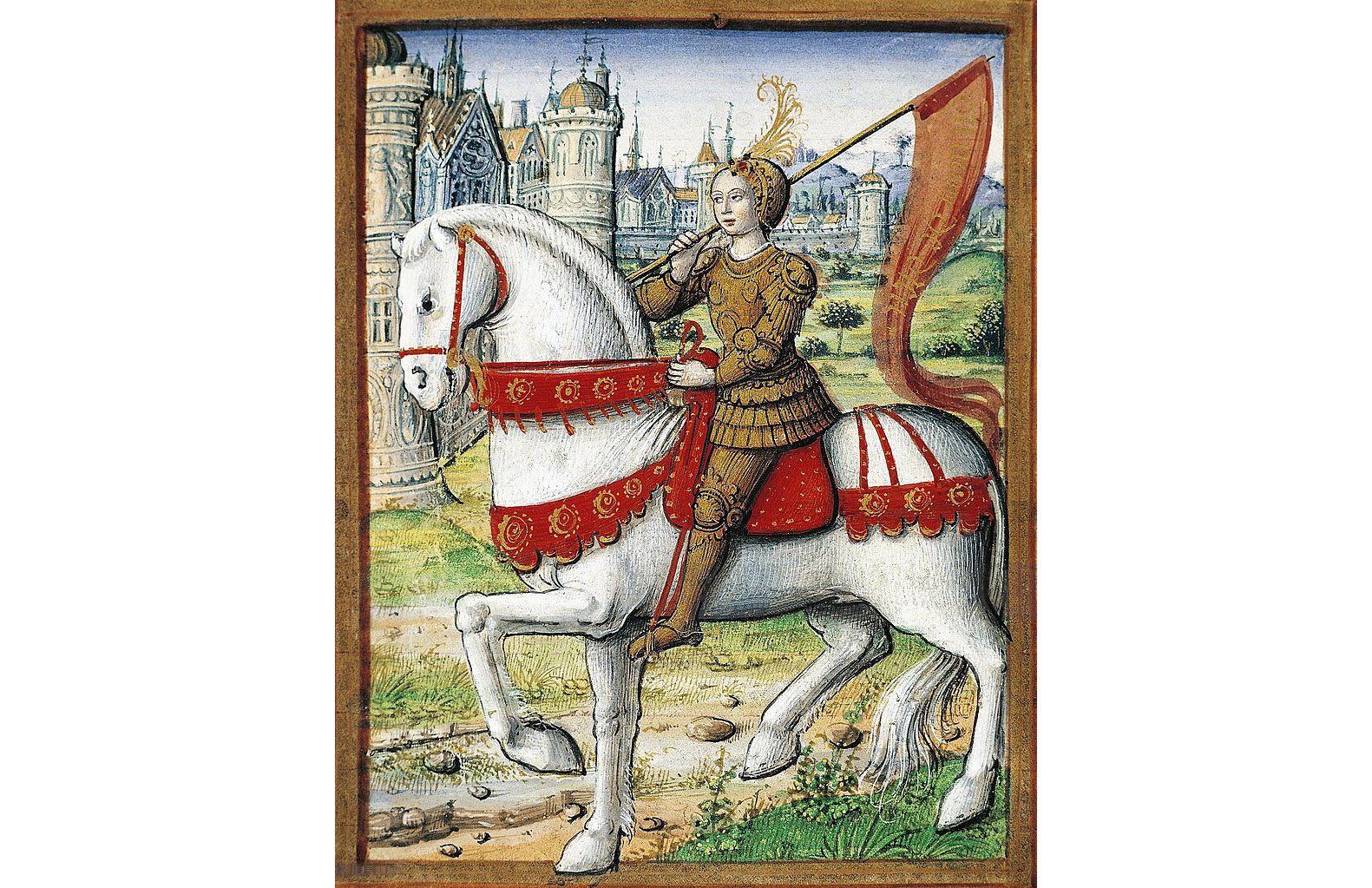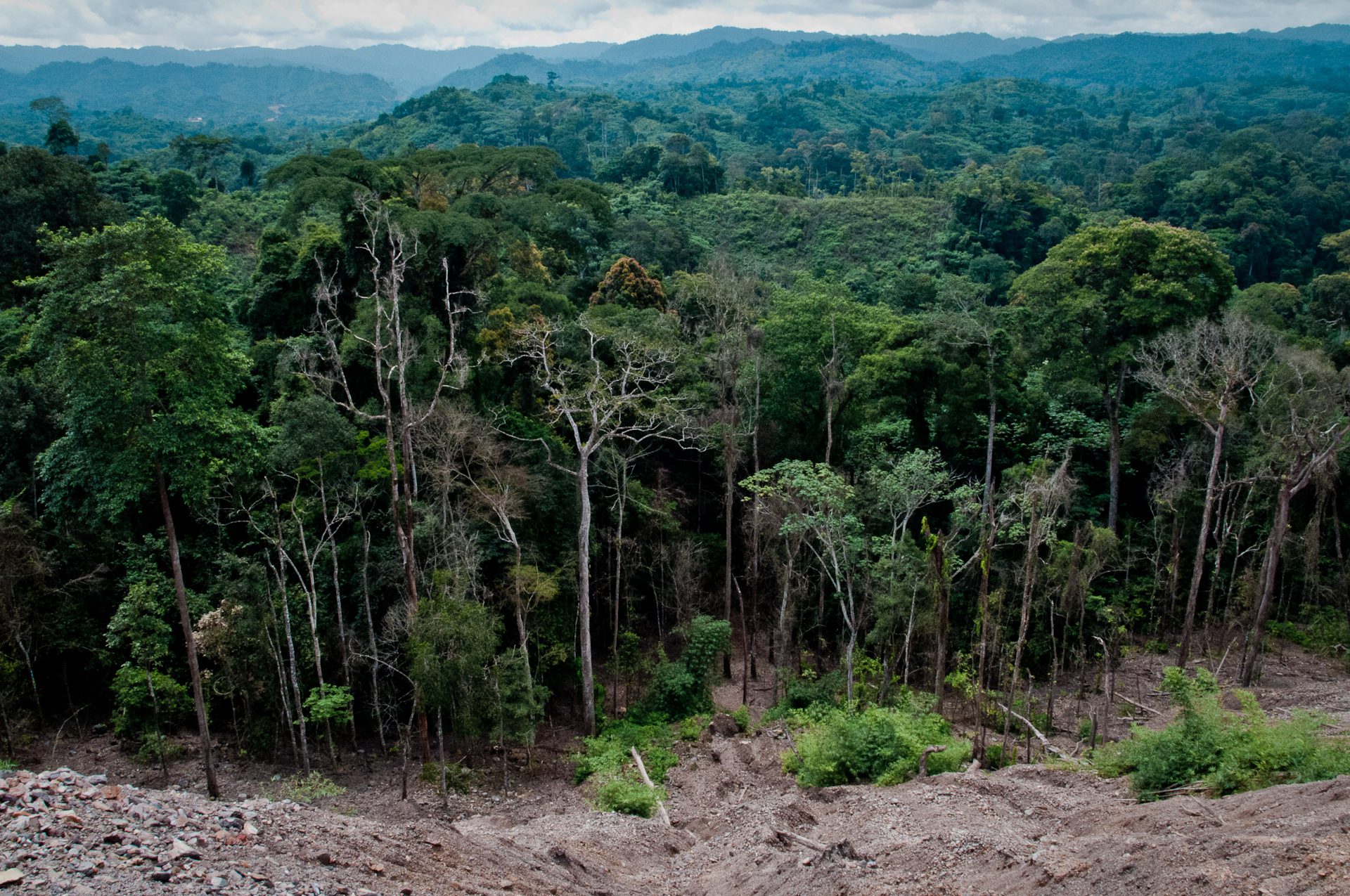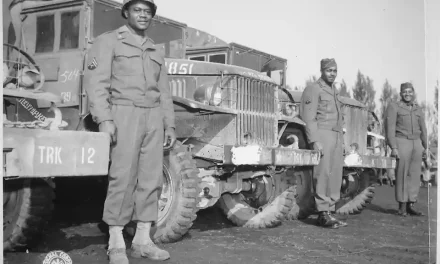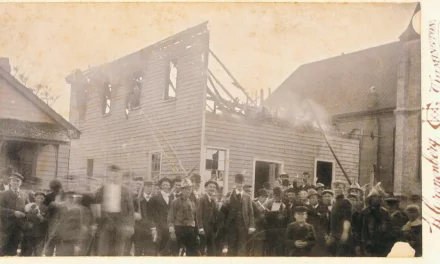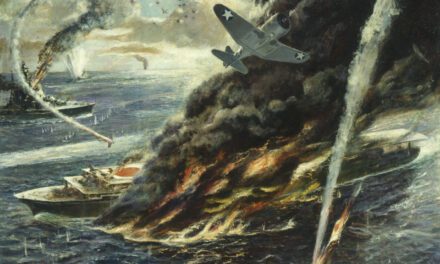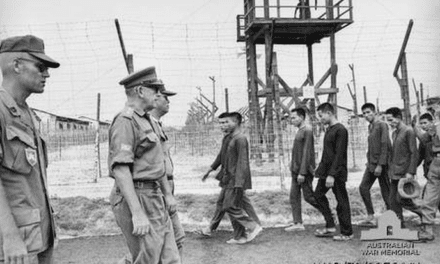Reading time: 6 minutes
This year marks the 200th anniversary of the battle of Carabobo, a major battle in Venezuela’s history. Fought during the Spanish-American wars of independence, the second battle at Carabobo in 1821 ultimately led to Venezuela’s independence from the Spanish Empire. The Battle of Carabobo was not the last in the fight for Venezuelan independence. However, it did mark the beginning of the decline of Spanish control in South America, hence its continued remembrance today as one of the most significant events in Venezuela’s modern history.
By Madison Moulton
The Fight for Independence
Revolution and Simón Bolívar
In the early 19th century, revolution was rife across Latin America, taking cues from both the American and French revolutions a few decades before. Napoleonic control of Spain, the wars that followed, and the continued unrest only stoked the flames of revolution and calls for independence across the continent.
A key leader in the wars for independence and the unification of Latin America was Simón Bolívar. His leadership and military career played key roles in the success of the wars of independence.
Born into a wealthy family and educated abroad, Bolívar brought forth philosophies of enlightenment. These philosophies drove his campaigns for independence. Beginning in 1808, Bolívar’s campaign for independence was successful and by 1811 a national congress had been established. The newly established independent Venezuela saw continued fighting between royalists and patriots.
A second republic was born in 1813, however, it only lasted a year before it fell once more to Spanish control. The first Battle of Carabobo was fought in 1814 and despite its success, royalist control resurged and Bolívar was forced to flee.
Leading up to the Battle of Carabobo
Despite opposition and assassination attempts, Bolívar continued his campaigns for Venezuelan independence. Venezuela remained under Spanish control, with Spanish military leader Pablo Morillo holding the coastal regions in the east of Venezuela. Bolívar and his forces captured the city of Angostura, where he established another Venezuelan National Congress.
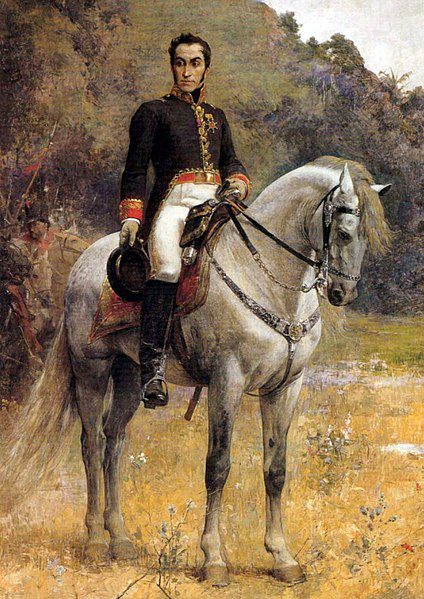
By 1818 the third Republic of Venezuela had been established with the task of liberating the entirety of Venezuela. First, though, Bolivar aimed to liberate Colombia, with the goal of establishing a new country Gran Colombia (a region consisting of what we know today as Colombia, Ecuador, Panama, and Venezuela). The Republic of Colombia was formed in 1819, with Bolívar as president. Once Colombia established independence, Bolivar moved on to liberate Venezuela.
The strength of Bolívar, his vice presidents, and his military only grew with the arrivals of volunteers for the cause. Spanish imperial allies recognised their strength, refused military aid, and ultimately an armistice was signed. The armistice, signed in November 1820, was to last six months. However, it created a strong base for Bolivar to work from, greatly impacting the events of the Battle that would follow.
The Battle of Carabobo
Bolívar continued to rally support during the agreed ceasefire but, in doing so, broke the armistice agreement (at least, according to the new leading general of the Spanish forces, Miguel de la Torre). His plan to invade Spanish-controlled areas of Venezuela ended the ceasefire completely.
During the invasion, the troops employed deceptive tactics with the hopes of capturing Carabobo with ease. Carabobo held strategic significance as it gave the Venezuelan patriots access to other regions of the country. The first deception included the marching of part of the patriot forces toward Caracas, a key Spanish stronghold. The aim was to keep part of the Royalist army engaged while Bolívar’s group marched toward Carabobo.
Battle Ensues
On 24 June 1821, Bolívar’s troops concentrated at Carabobo. Some suggest there were 6500 soldiers, whilst others say they were 8000 men strong, with the aid of a British battalion. However, what is certain, is that the Royalist forces were greatly outnumbered.
Deception played another key role during the Battle of Carabobo. Bolívar split his troops in half. One group focused on the centre of the battle. The other was sent on a flanking manoeuvre to envelop the Spanish forces from the side. In response, General de la Torre also split his forces, sending a group to fight the flank.
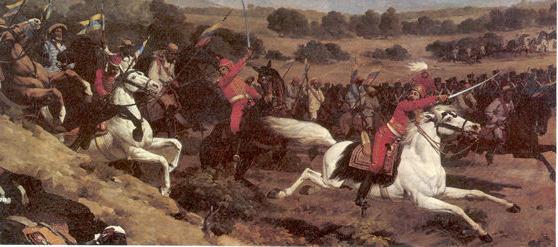
Crossing rough terrain, the Royalist troops attempted to keep Bolívar’s troops at bay, but the Patriots were ultimately able to move forward. Within an hour, Bolívar and his troops successfully captured Carabobo. The battle saw 3000 casualties, the majority of which were members of the Spanish forces.
The Battle of Carabobo was by no means the last battle fought during the fight for independence. The Venezuelan War for Independence continued until 1823. However, this decisive victory left the Spanish forces in disarray and played a key role in Bolívar’s rise. Following the battle, Bolívar was able to establish Gran Colombia, becoming president of the vast region. Afterward, Bolívar went on to liberate Ecuador and Peru and aided in removing the last vestiges of Spanish control from South America.
Commemoration
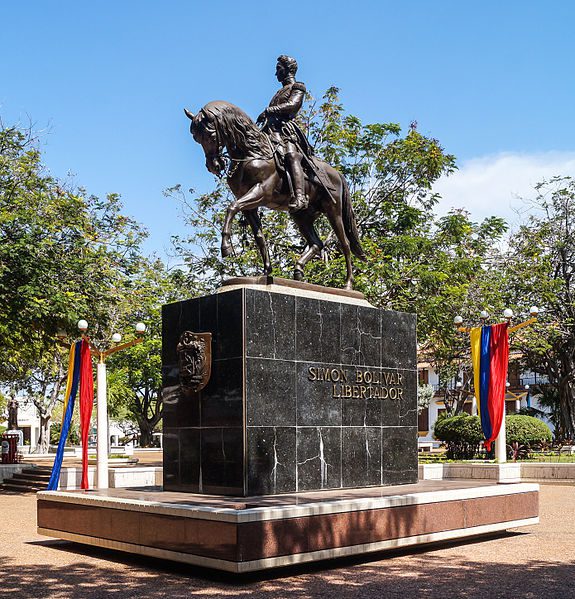
Today, the Battle of Carabobo still holds significance. In Venezuela, the 24th of June is known as the Battle of Carabobo Day or Army Day. The country honours the battle throughout June, and on the 24th, a military parade is held. During the event, army equipment is displayed, including tanks, and a re-enactment funded by the government is held.
A month later, on Navy Day, the birth of Simón Bolívar and the victory of the Battle of Lake Maracaibo (another battle in the war for independence) is commemorated.
The battle of Carabobo may not have been the last fought during the war for Venezuelan independence, but it is certainly one of the most significant battles. The loss by the Spanish Royalist forces was devasting, allowing the patriots to gain strategic strongholds across Venezuela. Further, the victory led to the strengthening of Bolívar’s political standing and ultimately, the liberation of several other Latin American nations.
Articles you may also like
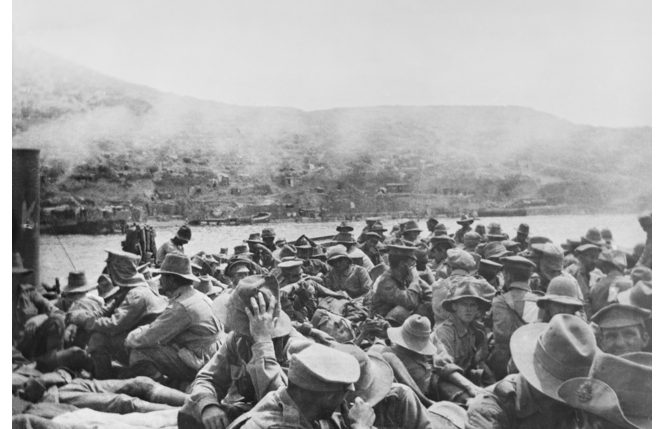
In their own words: letters from ANZACs during the Gallipoli evacuation
Just five days before Christmas, in the early hours of Monday December 20, 1915, the last Anzac troops left Gallipoli in what Australian historian Joan Beaumont called an “elaborate game of deception”. Self-firing guns were rigged to take pot-shots and camp fires lit to give the impression of there being more soldiers than there were. The Australians […]

